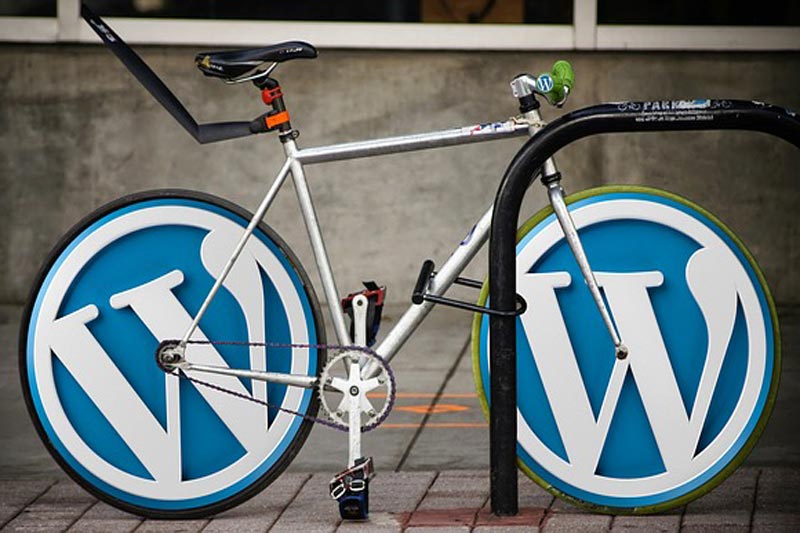For anyone contemplating a career in web design, we trust you are aware that there are several technical skills that all successful web designers must possess. Without these skills, not only will you be compromising your ability to create websites, but we would go as far as to say that you will unlikely be able to create a website worthy of being published.
These technical skills can all be learned, first by studying and understanding the specific theories and details of them and then using that foundational learning to start using them practically. This is likely to be done by practising with them first before using them to build a portfolio of completed websites. As for what these seven main technical skills for web designers are, they are all outlined below.
Website Coding (HTML, CSS): It should come as no surprise that website coding languages such as HTML and CSS are first on the list. Not that modern websites are built by writing line after line of code as they once were, however, knowing how these codes work and being able to alter website pages by editing their HTML and CSS code will be invaluable to your web design career.
Programming Languages: In addition to HTML and CSS, there are other programming languages that web designers should have a decent working knowledge of. These include Python, JavaScript, C++, and Swift and they are used to create much of the functionality that a website’s design calls for. Of the four mentioned, Java is the one used most often.
Content Management Systems (CMS): Content is an essential part of any website, or at least it is if the website has any chance of ranking or converting. A CMS is what allows web designers to initially include content, and subsequently, the website owners to add content. Examples of CMS include WordPress, Joomla, HubSpot, Drupal, and Wix.
Continue reading “7 Essential Technical Skills You Will Need If You Want To Become A Web Designer”










